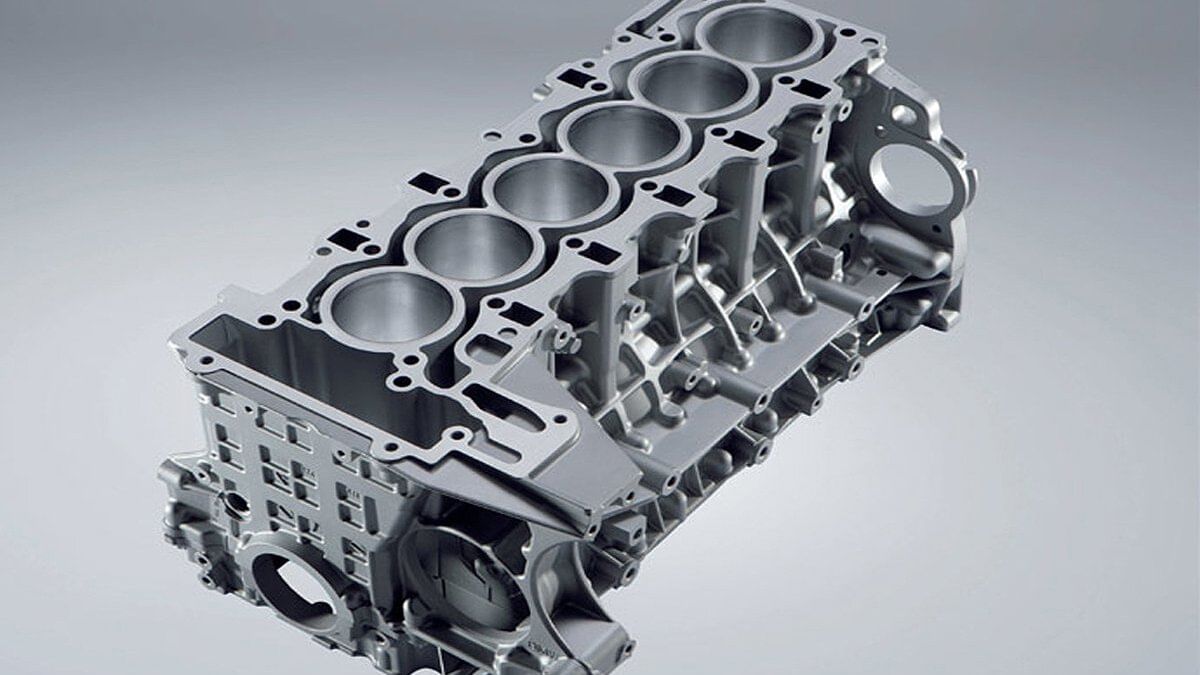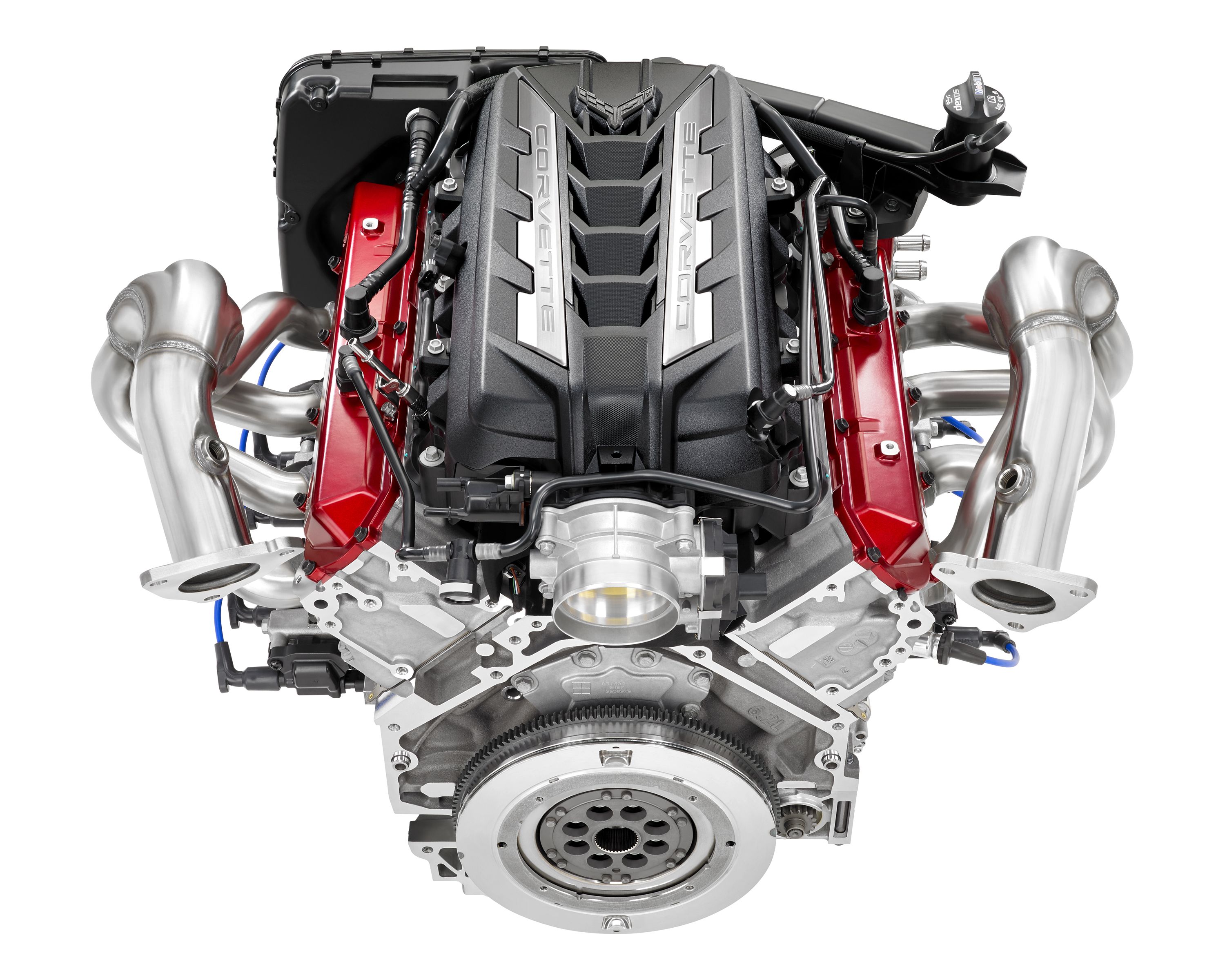Maximize Your Investment with Engines For Africa's Variety
Maximize Your Investment with Engines For Africa's Variety
Blog Article
Check Out a Wide Array of Engines for Every Vehicle and Purpose
The automotive landscape is significantly intricate, with a varied selection of engine types made to satisfy certain efficiency and performance demands throughout various vehicle categories. From the high-performance engines that power cars to the fuel-efficient options tailored for everyday travelling, the options are large and varied. Additionally, durable engines offer the demands of job lorries, while green alternatives are getting traction in the pursuit of lasting transport. Recognizing these differences is crucial for making notified decisions, specifically as arising innovations continue to shape the future of auto engineering. What ramifications might these improvements hold for customers and makers alike?
Sorts Of Automotive Engines
Automotive engines can be categorized right into numerous distinctive types, each developed to fulfill particular efficiency and efficiency requirements. The most common classifications include internal burning engines, electrical engines, and hybrid systems.

Electric engines, on the various other hand, operate on electric power saved in batteries, giving immediate torque and no exhausts. These engines are ending up being progressively popular due to innovations in battery modern technology and the growing focus on sustainability.
Hybrid systems combine both inner burning and electric engines, allowing lorries to maximize fuel effectiveness and reduce emissions by effortlessly changing between source of power. Each engine type presents its disadvantages and advantages, affecting aspects such as vehicle design, intended use, and market need. When picking the ideal engine for their particular requirements., understanding these distinctions is important for consumers and makers alike.
Efficiency Engines for Sports Cars
Efficiency engines for cars are especially crafted to deliver improved agility, speed, and power, setting them apart from conventional auto engines. These engines usually utilize advanced technologies such as turbocharging, turbo charging, and variable shutoff timing to make best use of effectiveness and responsiveness.
Generally, efficiency engines are created with higher compression ratios, which allow for higher energy removal from gas. This causes impressive horsepower and torque numbers, allowing quick acceleration and higher top rates. Additionally, the light-weight materials used in these engines, such as light weight aluminum and carbon fiber, add to minimized overall lorry weight, enhancing handling and ability to move.
Engine configurations like V6, V8, and also hybrid systems are usual in efficiency sports cars and trucks, each offering unique advantages in terms of power delivery and driving characteristics. The tuning of these engines is likewise essential; several producers optimize the engine monitoring systems to supply an exciting driving experience, typically including sporting activity modes that change throttle response and equipment changes.
Effective Engines for Daily Commuters
In the realm of everyday commuting, effective engines play a critical role in maximizing fuel economic situation and reducing exhausts while providing reliable efficiency. As urban populaces expand and ecological worries increase, the demand for lorries equipped with efficient powertrains has actually risen.
Modern engines designed for everyday travelers typically integrate innovations such as turbocharging, straight gas shot, and crossbreed systems. Turbocharging improves engine effectiveness by compeling more air into the burning chamber, enabling smaller, lighter engines that do not compromise power outcome. Direct gas shot enhances gas atomization, leading to much better combustion and enhanced performance.
Crossbreed engines, combining inner burning with electric power, more augment fuel economic climate, especially in stop-and-go website traffic, where standard engines can experience ineffectiveness. Electric motors help throughout velocity and can operate individually at reduced rates, minimizing total gas intake.
Additionally, advancements in engine management systems and light-weight products add significantly to efficient engine style. By concentrating on performance, resilience, and environmental sustainability, manufacturers remain to supply engines that not only meet the needs of day-to-day commuting yet likewise original site align with global initiatives to minimize carbon footprints.
Heavy-Duty Engines for Job Autos
Sturdy engines for work vehicles are consistently crafted to deliver remarkable torque and reliability under requiring conditions. These engines are made to do in environments where typical engines may falter, such as building and construction sites, link logging procedures, and agricultural setups. The main focus of sturdy engines is their capability to create high levels of power while maintaining longevity over prolonged periods of procedure.
Generally, heavy-duty engines use advanced products and robust building techniques to hold up against the roughness of heavy workloads. Functions such as enhanced cylinder blocks, enhanced cooling systems, and advanced gas injection modern technologies add to their effectiveness. These engines commonly operate at lower RPMs, which assists to optimize fuel effectiveness while giving the required power for transporting and pulling.
Along with mechanical robustness, durable engines are usually geared up with advanced digital control devices (ECUs) that take care of efficiency, exhausts, and diagnostics. This integration enables much better surveillance and upkeep, ensuring that work automobiles continue to be functional and efficient.
Eventually, durable engines are an essential component in the productivity of various industries, offering the needed power and dependability to take on the hardest of jobs.
Eco-Friendly Engine Options
The expanding focus on sustainability has actually brought about the development of environment-friendly engine alternatives that focus on minimized discharges and enhanced fuel effectiveness. These engines are developed to reduce the environmental impact of vehicles while still delivering the efficiency and integrity anticipated by consumers.
Among the most noteworthy environment-friendly alternatives are hybrid and electric engines. Hybrid engines incorporate typical inner combustion engines with electric propulsion, allowing for lowered gas usage and lower greenhouse gas exhausts. Electric engines, on the other hand, operate totally on battery power, creating zero tailpipe exhausts and adding to cleaner air quality.
One more encouraging advancement is the advancement of biofuel engines, which make use of renewable energies, such as plant materials, to power vehicles (Engines For Africa). By utilizing biofuels, these engines can decrease dependence on fossil fuels and reduced overall carbon impacts

As the vehicle industry advances, environment-friendly engine options will certainly play an important role in driving the shift towards even more sustainable transport services.
Conclusion
The vehicle industry supplies a diverse selection of engines developed to fulfill different car demands and objectives. From high-performance engines that enhance cars capabilities to reliable models focusing on gas economic climate for day-to-day commuters, each kind offers a particular feature. Sturdy engines accommodate durable job cars, while green options, such as electrical and biofuel engines, advertise sustainable transportation. This thorough range guarantees that all driving needs are resolved, contributing to developments in automobile innovation and ecological stewardship.

Report this page